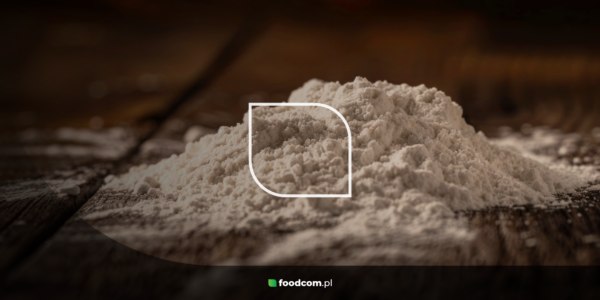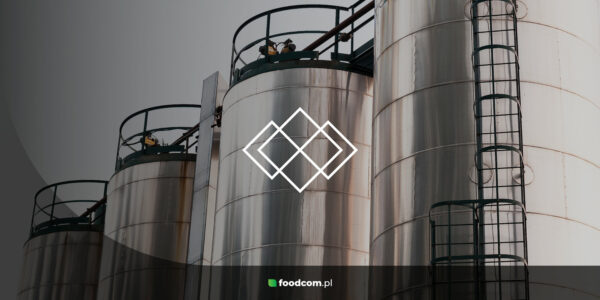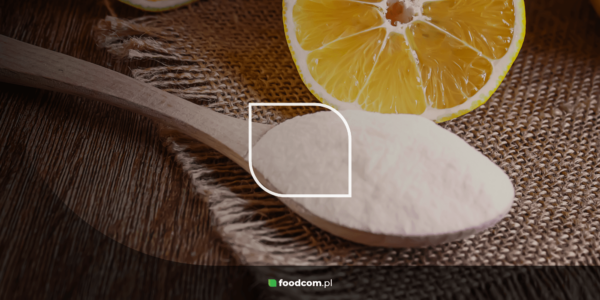Antioxidants – what is it?
Antioxidants are molecules that inhibit the oxidation of other molecules, protecting cells from the potentially damaging effects of free radicals. In the context of food, feed, and industry, antioxidants play a pivotal role in preserving the quality, flavor, and nutritional value of products, while also extending their shelf life. They are naturally found in many foods and are often added to products to maintain freshness and stability.
Most common questions
1. Why are antioxidants important in the food industry?
Antioxidants prevent spoilage and maintain the integrity of food products by protecting them from oxidative damage. This ensures longer shelf life, better taste, and preserved nutritional quality.
2. How do antioxidants work in animal nutrition?
Just like in human nutrition, antioxidants in animal feed protect essential nutrients from degradation and enhance the overall health of livestock by boosting their immune systems and reducing oxidative stress.
3. Are there natural and synthetic antioxidants?
Yes. Natural antioxidants are found in foods such as fruits, vegetables, and grains, including vitamins C and E. Synthetic antioxidants, like butylated hydroxytoluene (BHT) and butylated hydroxyanisole (BHA), are often added to foods and feeds to improve preservation.
4. Do antioxidants have industrial applications beyond food and feed?
Definitely. Antioxidants are also used in various industrial processes to prevent the oxidative degradation of materials, such as plastics, rubber, and fuels, thereby enhancing product longevity and performance.





